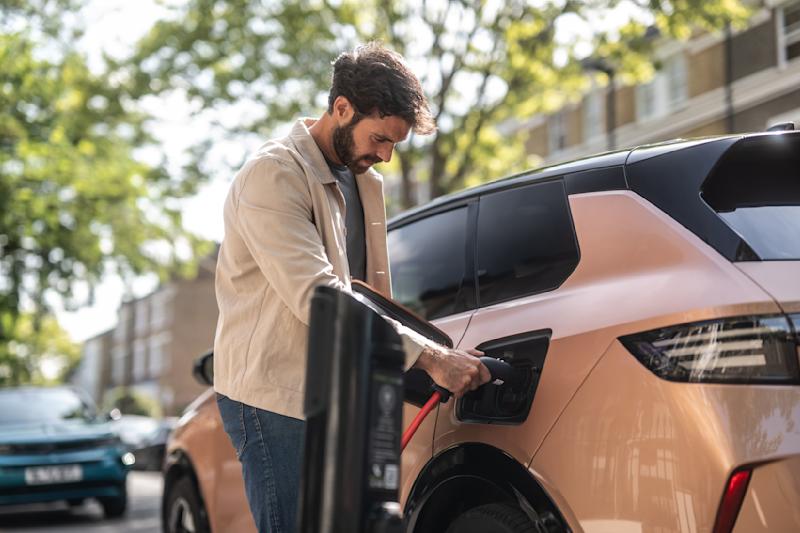
Thinking about going electric? Installing an Electric Vehicle (EV) home charger is one of the smartest upgrades you can make. It's faster, cheaper, and far more convenient than relying on patchy public charging networks. Here's why it's a move that makes sense for your car, your wallet and your home.









